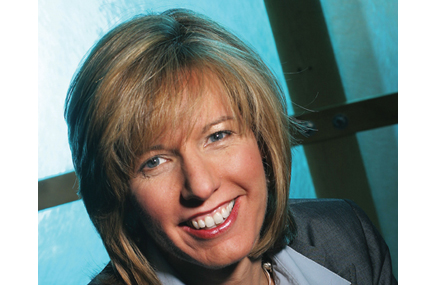Becky Chidester
President, Wunderman World Health
President Obama’s healthcare reform law was a lightning rod at the recently concluded Republican and Democratic National Conventions. Republicans promised to repeal it if elected, while Democrats featured no fewer than 19 speakers touting its benefits.
With Election Day rapidly approaching, the health reform debate will likely be reduced to sound bites. That does a disservice to the American people, who are still trying to get their heads around what the Affordable Care Act means to them.
From the presidential candidates, we will no doubt hear about the law’s efforts to expand insurance coverage—and at what price. But neither during the presidential debates nor while the candidates are on the campaign trail are Americans likely to learn about how the law will specifically affect their prescription drug coverage. Most of us are wondering, for instance, where drug prices will head under the new law. Will we have more or less access to new treatments? Seniors and their families may want to know what the “donut hole” is—and what President Obama means when he says that health reform closed it. What will pharmaceutical science bring for the next generation of Americans? And how can our leaders ensure that those innovations come about?
Pharmaceutical firms therefore have an opportunity to launch a more substantive healthcare conversation that includes the importance of wellness behavior as well as education about the new law. By expanding the conversation to address how personal health management can help drive better health outcomes, the industry can introduce itself as a leader in our national healthcare debate and burnish public-service credentials in the process.
By raising its voice now while people are looking for answers, the pharmaceutical industry can align itself with positive perspectives in the current healthcare debate and be differentiated beyond politics and the current election. The industry can improve public understanding of its role not just as a producer but as a healthcare partner and strong advocate of access to critical healthcare products.
From the October 01, 2012 Issue of MM+M - Medical Marketing and Media








